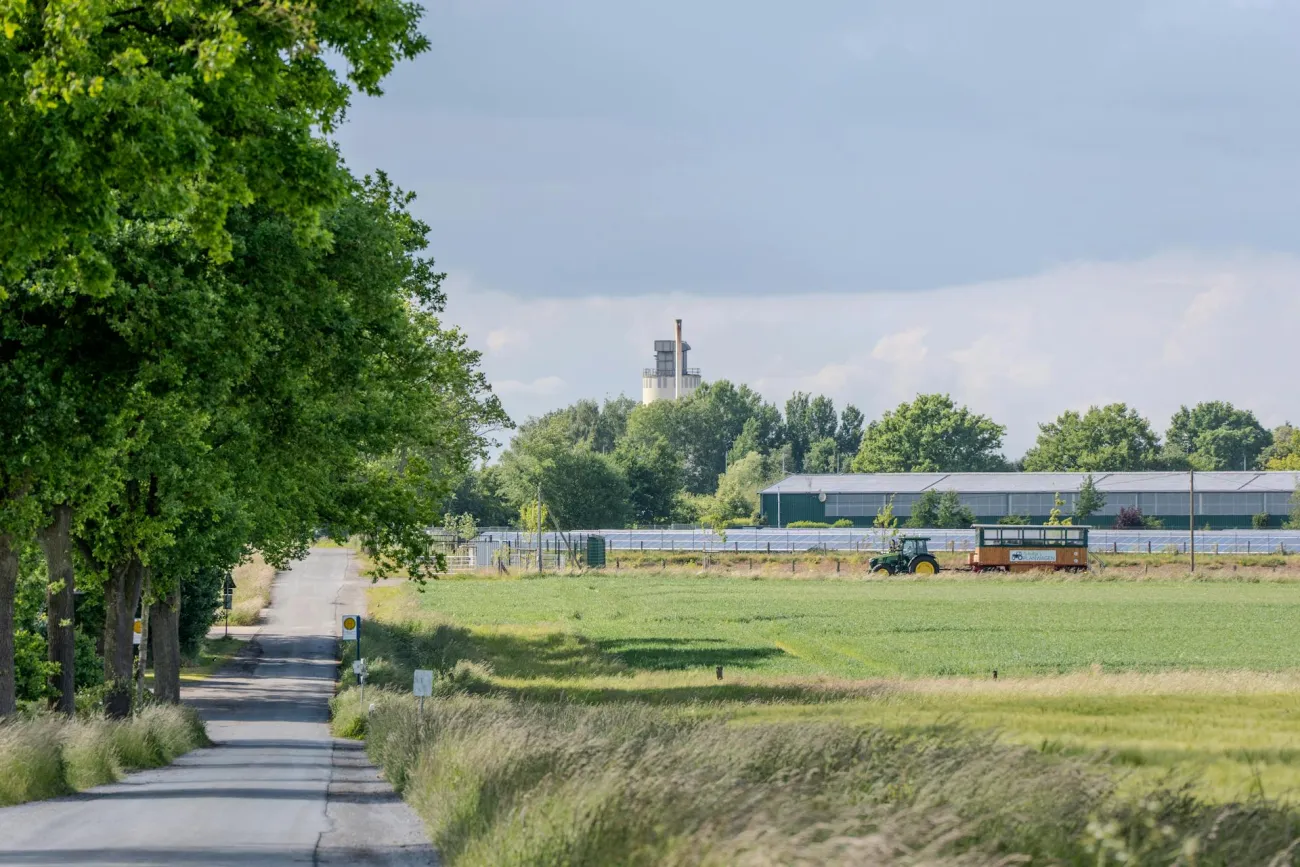The Soil Association and the World Society for the Protection of Animals have published a report on anaerobic digestion (biogas) arguing the environmental benefits of large-scale AD units are questionable and may even be damaging.
The report is written in response to an application by Midland Pig Producers for a large scale pig farm, where AD is presented as part of its environmental proposals.
The Soil Association / WSPA report argues that using the MPP’s own figures, the AD scheme will reduce greenhouse gasses by 17% at most. However, the report states that the experience from a number of other countries, particularly Germany, where AD units have been in use for longer than the UK, is that if AD units are going to be made to work economically, they need to use specially grown maize as a fuel. This raises the same concerns as does the production of food crops for bioethanol or biodiesel. The report also highlights a number of other uncertainties and technical issues that suggest that the 17% figure may not be reliable.
The report says that similar arguments do not apply to small AD systems which are linked with local production of green waste or biomass, and says that both of these are much more efficient fuels than pig or cow slurry.




Comments (0)